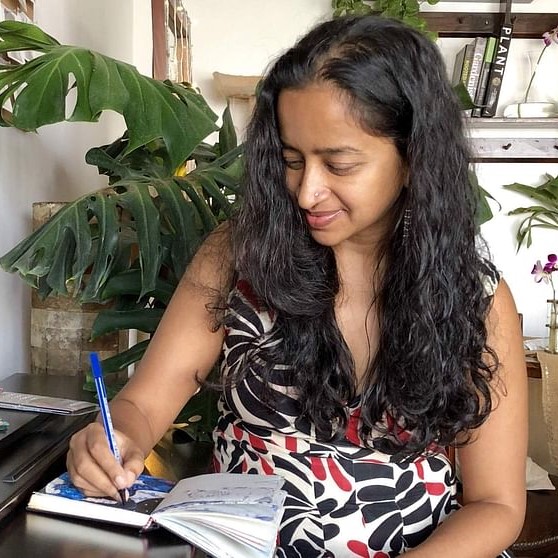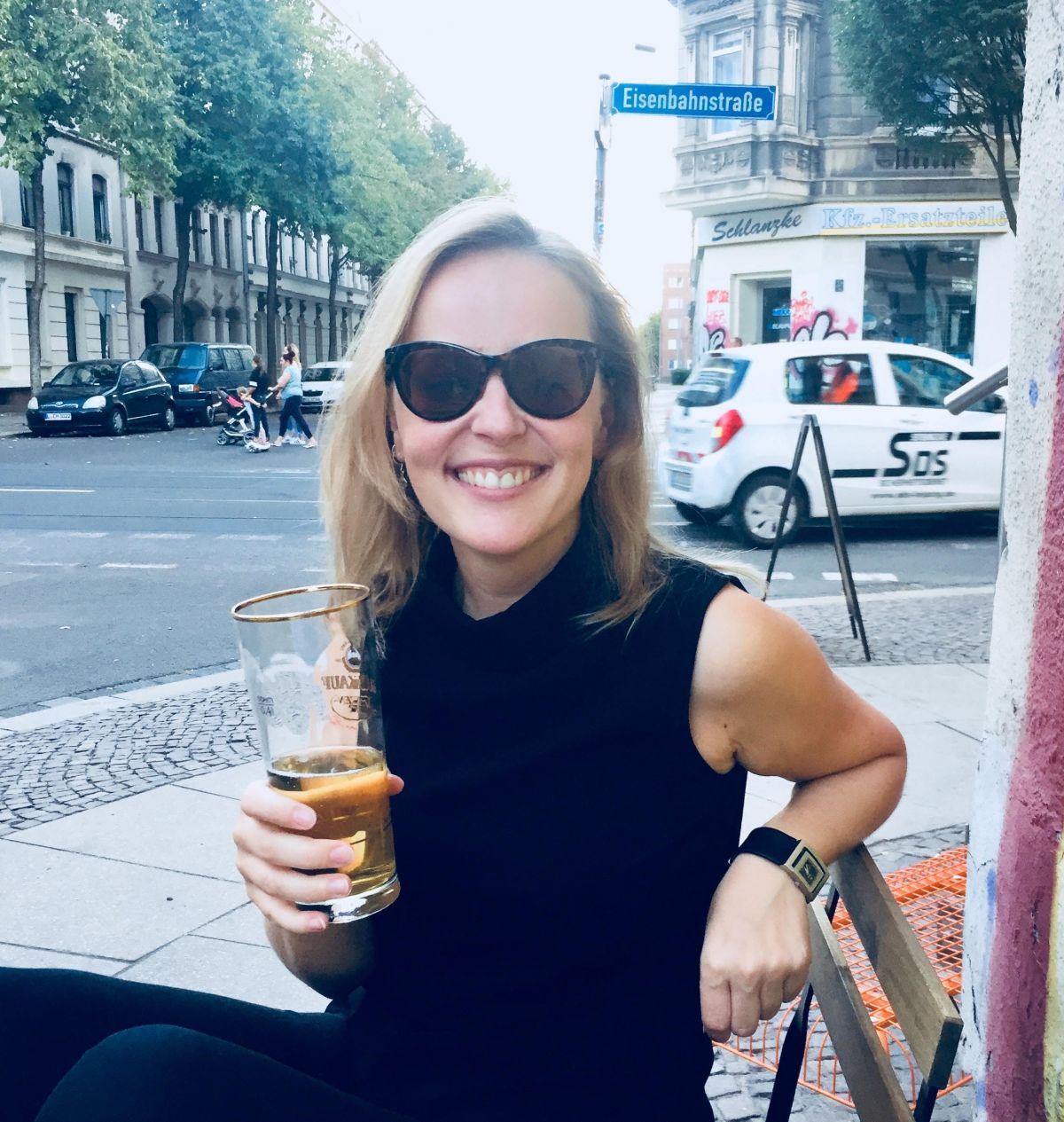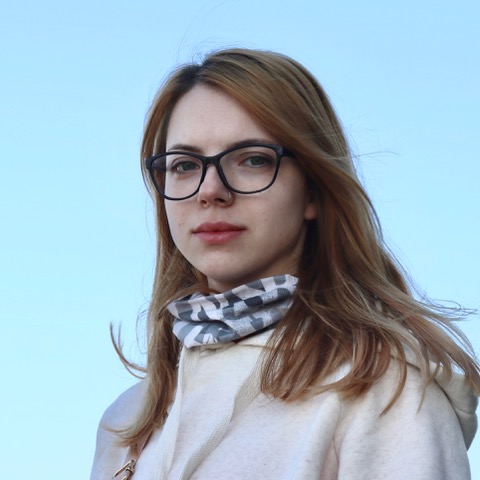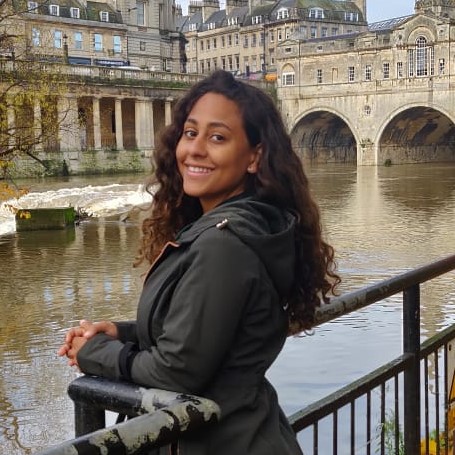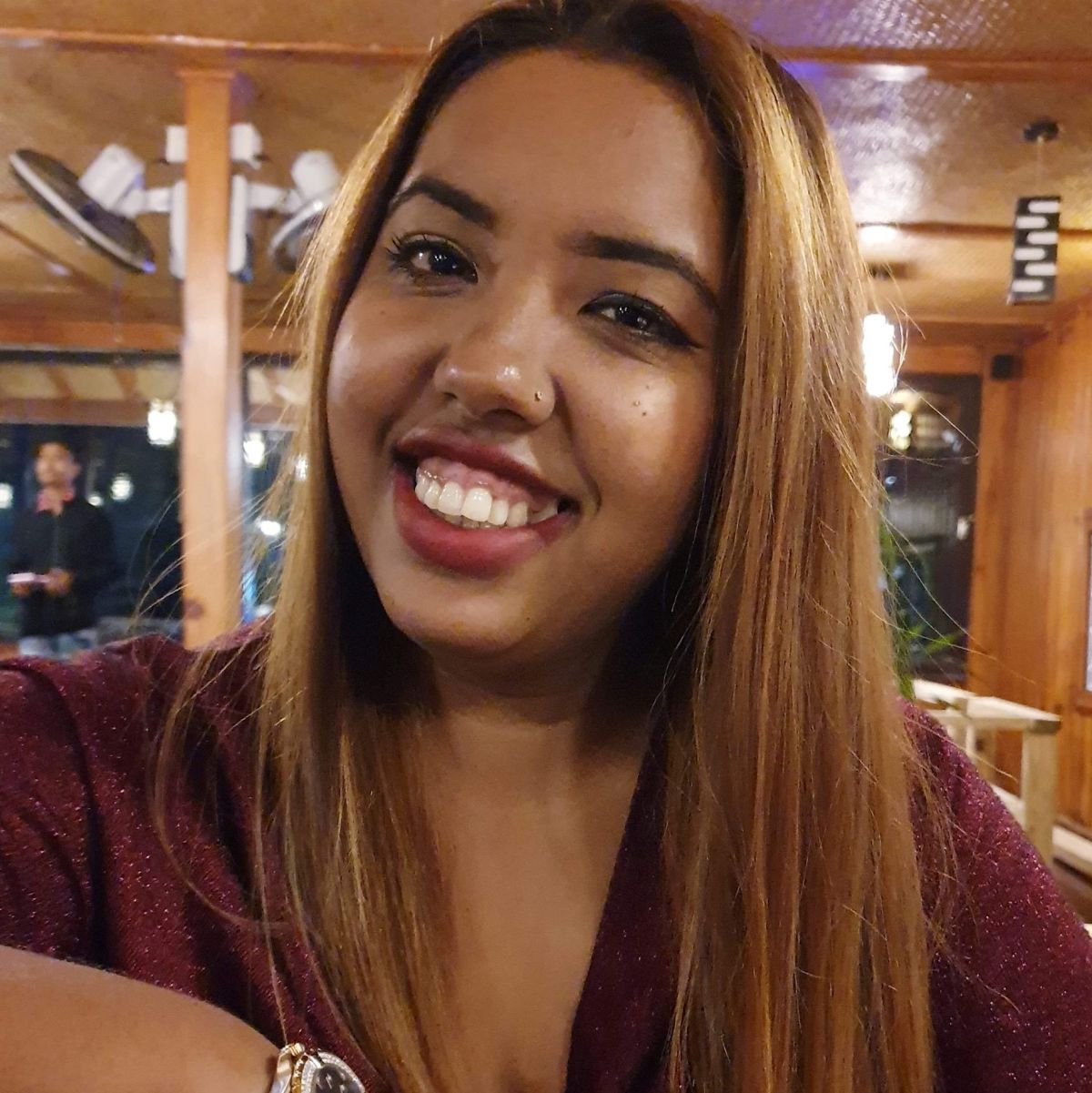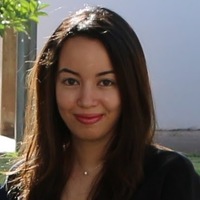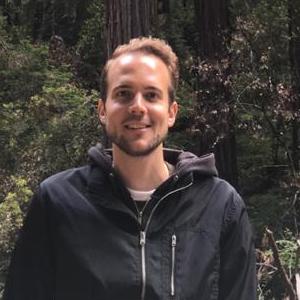AmoreSessoeTecnologia
Attraverso la sua arte e il suo attivismo online, Indu ha creato uno spazio dedicato a coloro che sono sopravvissute a episodi di violenza sessuale allo scopo di condividere le loro storie e di permettere a Indu di trasmettere le idee che l’hanno aiutata.
India, Southern Asia
Story by Indu Harikumar. Translated by Stefania Ledda
Published on September 30, 2022.
This story is also available in 
Attenzione - Contenuto sensibile: questa storia fa menzione di atti di violenza sessuale che potrebbero turbare alcuni lettori.
Nel 2020 l’Association for Progressive Communications[1] mi ha concesso una borsa di studio sostenendo la mia ricerca di documentazione e analisi del progressivo e minore utilizzo di internet da parte delle donne a causa della violenza di genere subita all'interno delle relazioni intime. Il progetto ha studiato le forme di limitazione e controllo esercitate nei confronti delle donne da parte dei loro partner, il quale determina un accesso agli spazi virtuali non equo e un’ulteriore diseguaglianza tra generi dei fenomeni di abuso. Questo lavoro ha analizzato anche il modo in cui alcune di noi, in quanto vittime, sono riuscite a rivendicare i propri spazi.
Il progetto era stato proposto con il nome di #AmoreSessoeViolenza, ma poi ho deciso di chiamarlo #AmoreSessoeTecnologia perché sentivo che molte delle vittime e delle sopravvissute alla violenza di genere nelle relazioni intime non percepiscono come violento ciò a cui vanno incontro. Quando sono stata io a subire violenza sessuale, non avevo le parole per definirla o darle un senso. Ero tormentata dalla vergogna, mi sentivo lacerata e avevo il cuore spezzato. Ho modificato il titolo del mio progetto perché la versione più giovane di me non avrebbe definito ‘violenza’ ciò che ho vissuto. Chiamare l’abuso con la parola ‘violenza’ avrebbe voluto dire che la complessa relazione che avevo era sbagliata e che io stessa sbagliavo a voler recuperare la relazione e ad averci anche trovato l’amore.
Quando ho subito violenza sessuale, non avevo le parole per darle un senso.
Leggere il pezzo di Meena Kandasamy sul suo matrimonio basato sull’abuso, e più tardi nel 2017 il suo libro When I hit you, mi ha aiutato a dare del senso al mio dolore. Le sue parole mi hanno aiutata a reagire, a sentirmi meno sola. Così, quando ho iniziato #AmoreSessoeTecnologia, speravo di aiutare altre donne nello stesso modo in cui le parole di Meena avevano aiutato me. Mi ci sono voluti anni per elaborare la mia esperienza e smettere di colpevolizzarmi, ed è stato questo progetto a permettermi di lasciare andare i resti del dolore e della vergogna.
Volevo che esistesse uno spazio femminista sicuro per coloro che erano sopravvissute e dare loro la possibilità di aprirsi, condividere le loro storie. Volevo che avessero il controllo delle proprie storie, che le raccontassero in modo tale che chi le avrebbe ascoltate avrebbe capito di non essere sola e avrebbe sentito la solidarietà. Ma ancora più importante era per me la creazione di uno spazio dedicato a un dialogo pacifico e rispettoso che trattasse i temi relativi alla violenza di genere.
Quando iniziarono ad arrivare le prime storie, molte di queste descrivevano atti violenti che violavano la legge ma non il modo in cui si sentivano le vittime o il perché restassero in relazioni violente. Per alcune storie pensavo fosse necessario approfondire ulteriormente con le scrittrici, ma dicevo anche loro di raccontare solamente ciò che si sentivano di condividere restando a proprio agio. E questo era estremamente difficile per me, perché non sapevo se quello che avrei chiesto avrebbe potuto toccare un tasto dolente degli autori. Parlavano di come avessero fatto i conti con le loro esperienze, ma senza citarle o minimizzarle.
Rivivere il trauma era doloroso sia per me che per queste donne, ma era anche catartico.
Vedevo ciò riflesso nei sondaggi che lanciavo sui social media, chiedendo alle donne se avessero raccontato ai loro amici dell’abuso che stavano subendo. Alcune rispondevano di aver dato una versione della storia meno pesante, altre dicevano di non aver condiviso nulla perché non volevano che i loro amici dicessero loro: “Perché ti scegli questi ragazzi?”. Un’altra diceva: “Avevo bisogno dell’approvazione dei miei amici e non volevo che mi dicessero di lasciarlo.”
Rivivere il trauma era doloroso sia per me che per queste donne, ma era anche catartico. Nonostante le autrici fossero vulnerabili e generose nel contribuire con le loro storie, esse fornivano ai lettori un vocabolario simile a quello che il testo di Meena Kandasamy aveva dato a me. Leggere i contributi di queste donne ad #AmoreSessoeTecnologia mi ha fatta sentire come se avessi realizzato un piccolo cambiamento, portando alla luce il tema della violenza di genere nelle relazioni intime.
[1] APC è una rete internazionale di organizzazioni della società civile fondata nel 1990 e dedicata all'emancipazione e al supporto di coloro che lavorano per la pace, i diritti umani, lo sviluppo e la protezione dell'ambiente attraverso l'uso strategico delle tecnologie dell'informazione e della comunicazione (TIC).
How does this story make you feel?
Follow-up
Do you have any questions after reading this story? Do you want to follow-up on what you've just read? Get in touch with our team to learn more! Send an email to [email protected].
Talk about this Story
Please enable cookies to view the comments powered by Disqus.
Subscribe to our Monthly Newsletter
Stay up to date with new stories on Correspondents of the World by subscribing to our monthly newsletter:
Other Stories in Italiano
Explore other Topics
Get involved
At Correspondents of the World, we want to contribute to a better understanding of one another in a world that seems to get smaller by the day - but somehow neglects to bring people closer together as well. We think that one of the most frequent reasons for misunderstanding and unnecessarily heated debates is that we don't really understand how each of us is affected differently by global issues.
Our aim is to change that with every personal story we share.
Community Worldwide
Correspondents of the World is not just this website, but also a great community of people from all over the world. While face-to-face meetings are difficult at the moment, our Facebook Community Group is THE place to be to meet other people invested in Correspondents of the World. We are currently running a series of online-tea talks to get to know each other better.











